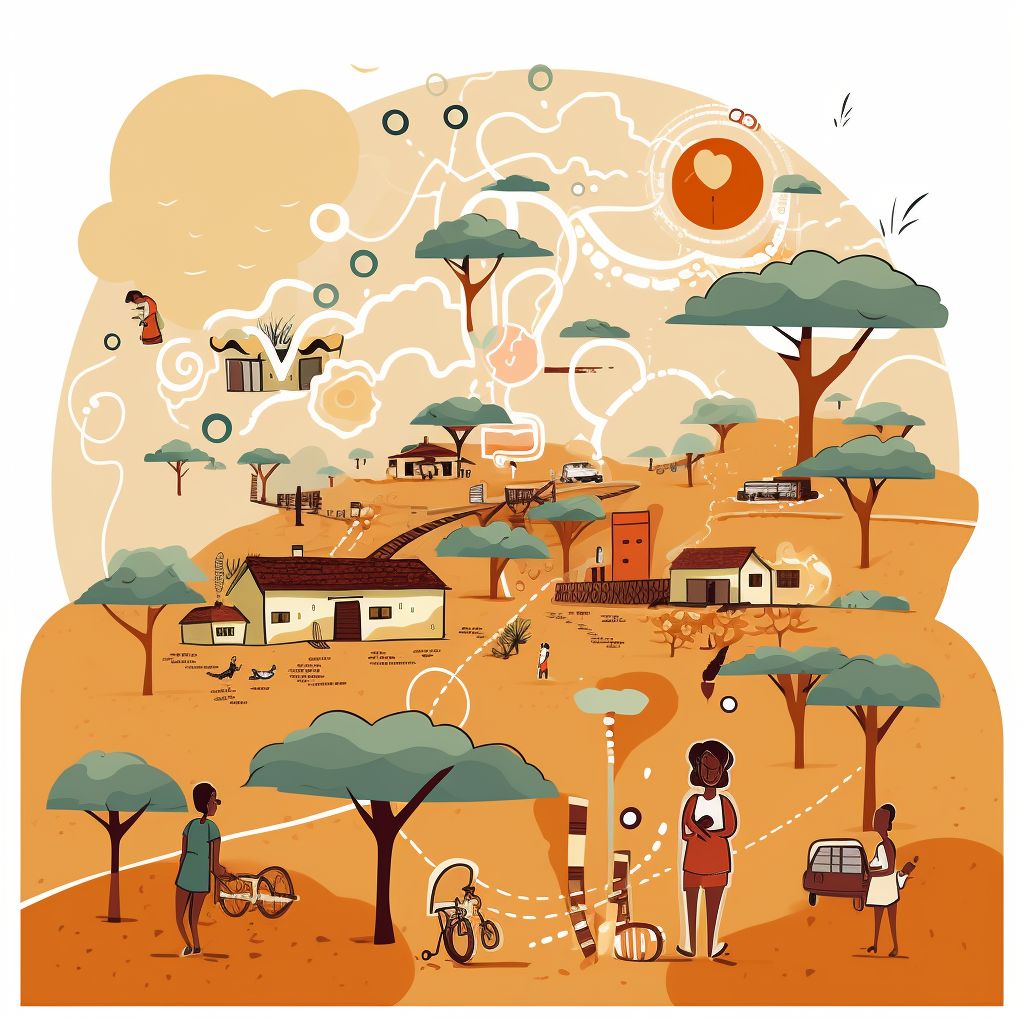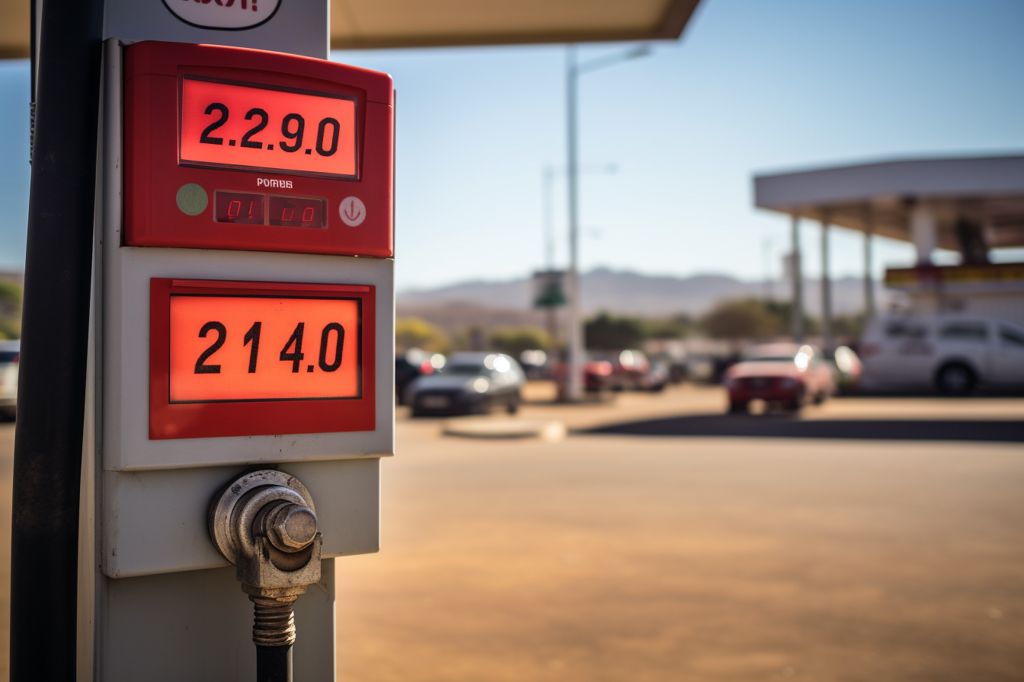South Africa is gearing up to host the 15th BRICS Summit, which will take place at the Sandton Convention Centre in Johannesburg from August 22 to 24, 2023. The summit’s theme emphasizes the importance of collaboration and partnership between BRICS nations and the African continent.
BRICS and Africa
BRICS is a group of emerging economies that have gained significant influence on the global stage. They have come together to address shared economic, political, and social challenges, fostering cooperation and development among themselves and with other nations. Africa being an essential partner for these nations and the summit is poised to address the continent’s development needs, sustainable growth and multilateralism.
Media Accreditation
As the summit approaches, media accreditation has become a crucial aspect of ensuring accurate information dissemination and comprehensive coverage of the event. The media accreditation process entails presenting a valid ID or passport, a press card, or a letter of assignment from the editor. Passports must be valid for at least 30 days beyond the expected arrival date in South Africa and have at least two unused pages for endorsement. Accreditation forms must be completed in full, and incomplete forms will not be accepted.
The deadline for media accreditation is August 11, 2023, and late applications will not be entertained. Accredited practitioners will collect their media accreditation cards from the Radisson Blu Gautrain Hotel in Sandton at a date to be confirmed. Once issued, these cards are non-transferable.
Discussions and Media Coverage
This year’s summit will likely witness discussions on various topics such as trade, investment, infrastructure development, and technological advancements. Accredited journalists and media professionals will play a crucial role in generating awareness, promoting understanding, and fostering dialogue among different stakeholders. Media coverage of the 15th BRICS Summit is vital to ensuring that the public is informed and engaged with the event’s proceedings and outcomes.
As preparations for the 15th BRICS Summit continue, the media accreditation process serves as a reminder of the vital role the press plays in covering such events. Through their work, journalists will provide a window into the discussions and decisions that shape the future of the BRICS nations, Africa, and the world. For more information on the 15th BRICS Summit and the media accreditation process, visit the official website at https://www.brics2023.gov.za.








